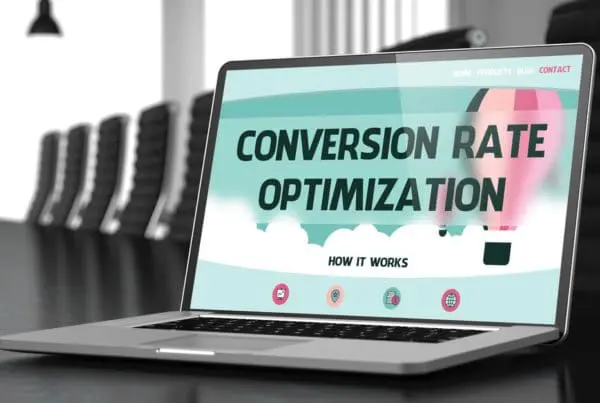This blog post is part of “The Ultimate Guide to Lead Generation” blog series.
If you watched Mad Men, you might be alarmed by how marketers can manipulate our minds, teaching us what to want in order to feel good about ourselves, and then selling us those products. There is no doubt that understanding human psychology can be a huge advantage when it comes to marketing. But these days, buyers are much less likely to be manipulated because most research facts online to validate claims before responding ads or other offers. At the same time, it is possible to use psychology to help people get what they really want, faster. Here are four.
- The justification principle. A well-known study by Xerox found that people are far more likely to perform and action when they are given the reason for the request. This aligns with current content marketing best practices–it’s important to people know what they get if click on your ad your SEO link. It is also important that they get what you promised when they click.
- The honesty principle. We all know that honesty is the best policy, right? It’s true for marketing as well. People trust those that are honest about their limitations. Your product is not right for everyone. Studies have found that people respond favorably to offers that indicate who a product or service is best for, and who it is not best for. Some even recommend giving credit to competitors for having a product that meets some needs that your product doesn’t meet. This also dovetails with content marketing best practices. We want to create detailed buyer personas that help us target our content to very specific people who are likely to convert to qualified leads that are likely to need the product we’re promoting.
- The “but you are free” principle. The “but you are free” principle is based on a study that found response rates doubled to offers that made it clear that while the offer is great, “but you are free” to ignore it and move on. In the words of content marketing, this means that giving people the option to opt-out of an offer or of any communication with you means you’ll get a better response to the offer. Of course, we are required to do this in email marketing, but many see the opt-out requirement as a necessarily evil that shrinks their mailing lists. Turns out it’s a trust builder.
- The serial positioning principle. This one is pretty simple. Studies have shown that when people are asked to repeat something that they heard or read, more remember what they heard or read first. It’s important in your content marketing and in digital advertising to direct people’s eyes and ears to what you most want them to remember, especially in our era where people scan more than they read.
There are other human psychology principles that, while they may work, could backfire in today’s marketing environment. The FUD principle, for example, suggests using fear, uncertainty, and doubt to create anxiety and then point to your solution to that anxiety. Scaring people into buying something may work if the fear is genuine and not manufactured. The illusory truth principle says that people will believe fabricated associations, for example saying your product is the “favorite” or “leading” one in its class, without any data to support the claims. Perhaps the ultimate example of illusory truth is celebrity endorsements, where famous people recommend a product that we all know they don’t use.
Content marketers can use human psychology for good. These four principles support current content and inbound marketing best practices where we’re not trying to trick people into buying something, we’re trying to help them solve real problems and delight them with solutions so that they will come back for more.
This blog post is part of “The Ultimate Guide to Lead Generation” blog series.




